Carbon Fiber Wheels vs Forged Aluminum: Which OffersBetter Performance
The automotive industry has witnessed significant advancements in wheel technology, with carbon fiber wheels and forged aluminum wheels emerging as the two premium options for performance enthusiasts. These high-end wheel materials offer distinct advantages over traditional cast aluminum wheels, delivering enhanced performance characteristics that can transform your driving experience. Understanding the differences between carbon fiber wheels and forged aluminum options is crucial for making an informed decision that aligns with your performance goals, budget, and driving preferences.
Material Properties and Construction Methods
Carbon Fiber Construction Technology
Carbon fiber wheels represent the pinnacle of lightweight wheel technology, utilizing advanced composite materials that consist of carbon fibers woven into fabric and bonded with epoxy resin. This construction method creates an exceptionally strong yet lightweight structure that outperforms traditional materials in specific strength metrics. The manufacturing process involves layering carbon fiber sheets in precise orientations to optimize strength characteristics while minimizing weight. Modern carbon fiber wheels often incorporate hybrid designs that combine carbon fiber with aluminum components to balance performance with cost-effectiveness.
The production of carbon fiber wheels requires sophisticated manufacturing techniques including autoclave curing, compression molding, and precision machining. These processes ensure consistent quality and structural integrity while maintaining the tight tolerances required for automotive applications. The resulting wheels exhibit exceptional stiffness-to-weight ratios that translate directly into improved vehicle performance across multiple metrics including acceleration, braking, and handling dynamics.
Forged Aluminum Manufacturing Process
Forged aluminum wheels are created through a process that involves applying extreme pressure to aluminum billets, compressing the metal's grain structure to create superior strength characteristics compared to cast aluminum alternatives. This forging process eliminates porosity and creates a denser, more uniform material structure that can withstand higher stress loads while maintaining relatively low weight. The forging operation typically involves heating aluminum to specific temperatures before applying hydraulic pressure ranging from 2,000 to 10,000 tons depending on wheel size and design requirements.
Advanced forging techniques such as flow forming and rotary forging allow manufacturers to create complex wheel designs with varying thickness profiles that optimize strength where needed while reducing material usage in less critical areas. These manufacturing methods result in wheels that offer excellent durability and performance characteristics at a more accessible price point than carbon fiber alternatives, making them popular choices for both street and track applications.
Performance Characteristics and Benefits
Weight Reduction Impact on Vehicle Dynamics
Weight reduction represents one of the most significant performance advantages offered by both carbon fiber wheels and forged aluminum options compared to conventional cast wheels. Unsprung weight reduction directly improves suspension performance by allowing components to respond more quickly to road surface irregularities, resulting in enhanced ride quality and improved tire contact with the road surface. This weight reduction also decreases rotational inertia, which translates to quicker acceleration and more responsive braking performance.
Carbon fiber wheels typically achieve weight reductions of 40-50% compared to equivalent cast aluminum wheels, while forged aluminum wheels offer weight savings of 20-30% over cast alternatives. These weight reductions become increasingly important in performance applications where every pound matters for lap times and overall vehicle dynamics. The reduced unsprung weight also decreases stress on suspension components, potentially extending their service life and maintaining optimal performance characteristics over extended periods.
Strength and Durability Considerations
Both carbon fiber wheels and forged aluminum wheels offer superior strength characteristics compared to cast aluminum options, but they achieve this strength through different material properties and design approaches. Carbon fiber wheels excel in tensile strength and fatigue resistance, making them particularly suitable for high-stress applications such as motorsports where wheels experience extreme loads and temperature cycles. The composite nature of carbon fiber allows for directional strength optimization, with fibers oriented to handle specific load patterns most effectively.
Forged aluminum wheels provide excellent impact resistance and ductility, characteristics that make them more suitable for daily driving conditions where road hazards and curb contact may occur. The forging process creates a grain structure that can absorb impact energy without catastrophic failure, often allowing for repair in cases of minor damage. This durability advantage makes forged aluminum wheels a practical choice for drivers who need high performance combined with real-world reliability and repairability.
Cost Analysis and Value Proposition
Initial Investment Requirements
The initial cost difference between carbon fiber wheels and forged aluminum options represents a significant consideration for most buyers, with carbon fiber wheels typically commanding prices 3-5 times higher than comparable forged aluminum alternatives. Carbon fiber wheel sets for performance vehicles often range from $5,000 to $15,000 or more depending on size, design complexity, and manufacturing quality. These premium prices reflect the advanced materials, sophisticated manufacturing processes, and limited production volumes associated with carbon fiber wheel production.
Forged aluminum wheels offer a more accessible entry point into high-performance wheel technology, with quality sets typically ranging from $1,500 to $4,000 for most applications. This price differential makes forged aluminum wheels attractive for enthusiasts who want significant performance improvements over stock wheels without the extreme cost associated with carbon fiber options. The broader availability of forged aluminum wheels from multiple manufacturers also creates more competitive pricing and diverse design options.
Long-term Ownership Costs
Long-term ownership costs extend beyond the initial purchase price and include factors such as maintenance requirements, repair costs, and replacement considerations. Carbon fiber wheels generally require minimal maintenance but can be expensive or impossible to repair if damaged, often necessitating complete replacement. The specialized nature of carbon fiber construction limits repair options and requires careful handling to prevent damage from impacts or improper mounting procedures.
Forged aluminum wheels offer advantages in terms of serviceability and repair options, with most wheel damage being repairable through refinishing, welding, or machining processes available at specialized wheel repair facilities. This repairability can significantly reduce long-term ownership costs, particularly for drivers who frequently encounter challenging road conditions or participate in motorsports activities where wheel damage may occur more frequently.
Application-Specific Performance Advantages
Track and Motorsports Applications
Track and motorsports applications represent the ideal environment for carbon fiber wheels to demonstrate their performance advantages, where weight reduction and heat management capabilities provide measurable benefits in lap times and vehicle dynamics. The exceptional strength-to-weight ratio of carbon fiber wheels allows for more aggressive wheel designs with larger diameters and wider profiles without significant weight penalties. This enables the use of larger brake systems and wider tires while maintaining optimal unsprung weight characteristics.
Carbon fiber wheels also offer superior thermal properties compared to metal alternatives, with lower thermal conductivity helping to isolate brake heat from tire compounds and reducing the risk of tire degradation during extended track sessions. The material's fatigue resistance makes it particularly suitable for endurance racing applications where wheels experience repeated stress cycles over extended periods. Professional racing teams increasingly specify carbon fiber wheels for these applications despite their higher cost due to the competitive advantages they provide.
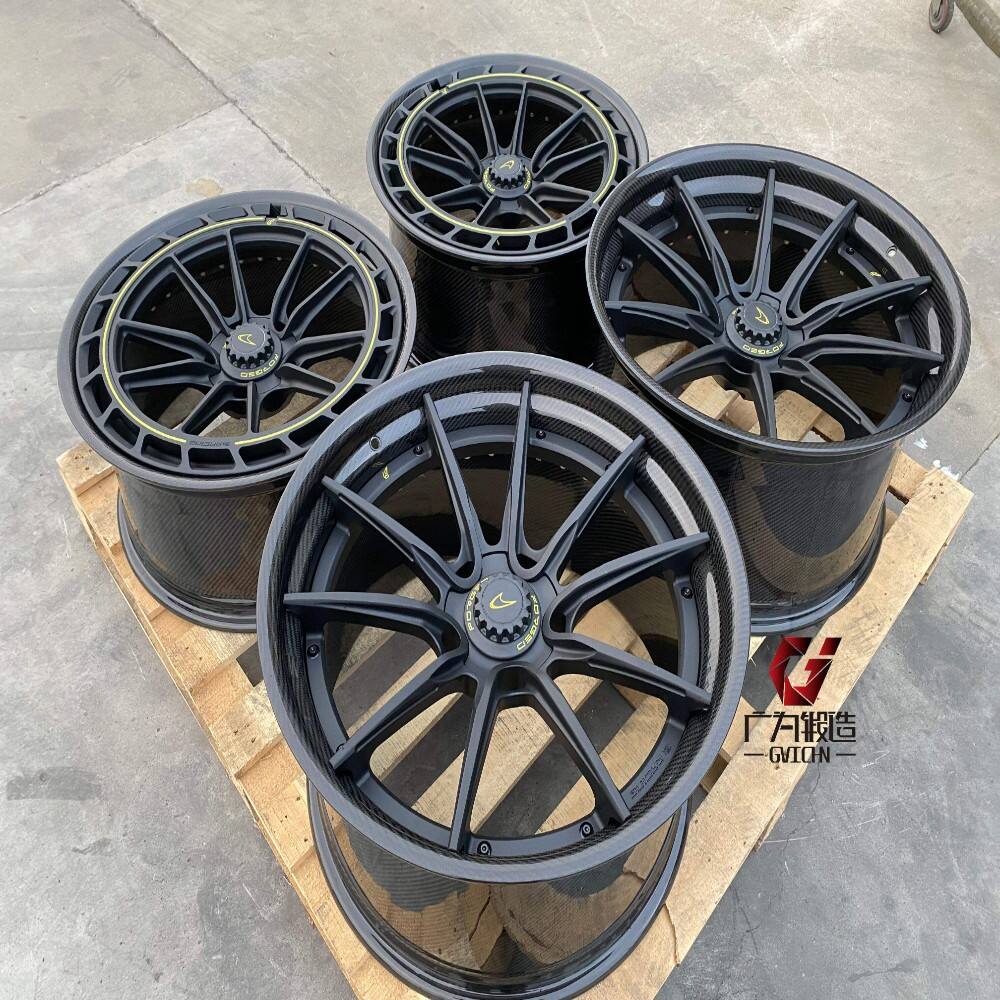
Street Performance and Daily Driving
Street performance applications require balancing high performance characteristics with practical considerations such as durability, repairability, and cost-effectiveness. Forged aluminum wheels often represent the optimal choice for street-driven performance vehicles, offering significant performance improvements over cast wheels while maintaining the durability and serviceability required for daily driving conditions. The improved strength characteristics of forged aluminum allow for lighter wheel designs that enhance fuel economy and reduce brake wear in addition to improving performance metrics.
For street applications, the extreme weight reduction offered by carbon fiber wheels may provide diminishing returns compared to their cost premium, particularly when considering the increased risk of damage from road hazards and the limited repair options available. However, carbon fiber wheels can provide meaningful benefits for street-driven supercars and high-performance vehicles where maximum performance is prioritized over practical considerations and where the additional cost represents a smaller percentage of the overall vehicle investment.
Manufacturing Quality and Standards
Quality Control and Testing Procedures
Manufacturing quality represents a critical factor in wheel performance and safety, with both carbon fiber wheels and forged aluminum options requiring rigorous testing and quality control procedures to ensure consistent performance and safety standards. Carbon fiber wheel manufacturing involves multiple quality checkpoints including fiber orientation verification, resin cure monitoring, and dimensional inspection to ensure each wheel meets specifications. Non-destructive testing methods such as ultrasonic inspection and X-ray analysis help identify internal defects that could compromise wheel integrity.
Forged aluminum wheel production incorporates quality control measures including material composition verification, grain structure analysis, and dimensional inspection throughout the manufacturing process. Testing procedures often include fatigue testing, impact testing, and load testing to verify that finished wheels meet or exceed industry safety standards such as those established by organizations like SFI, FIA, and various automotive manufacturers. These testing protocols help ensure consistent quality and performance across production runs while maintaining safety standards required for automotive applications.
Certification and Safety Standards
Both carbon fiber wheels and forged aluminum wheels must meet stringent safety and performance standards established by automotive manufacturers and racing organizations to ensure safe operation under various conditions. These standards typically include requirements for load capacity, fatigue life, impact resistance, and dimensional accuracy that wheels must satisfy through independent testing and certification processes. Meeting these standards requires manufacturers to implement comprehensive quality management systems and maintain detailed documentation of materials, processes, and testing results.
The certification process often involves third-party testing laboratories that verify wheel performance against established standards using standardized test procedures and equipment. This independent verification provides assurance that wheels will perform safely under specified operating conditions and helps manufacturers demonstrate compliance with regulatory requirements and industry best practices. Proper certification becomes particularly important for wheels intended for motorsports applications where failure could result in serious safety consequences.
FAQ
How much weight can I expect to save with carbon fiber wheels compared to forged aluminum
Carbon fiber wheels typically offer weight savings of 15-25% compared to equivalent forged aluminum wheels, and 40-50% compared to cast aluminum wheels. For a typical performance car wheel set, this translates to approximately 5-15 pounds of total weight reduction when upgrading from forged aluminum to carbon fiber wheels. The exact weight savings depend on wheel size, design complexity, and specific manufacturing methods used by different manufacturers.
Are carbon fiber wheels suitable for daily driving or only track use
While carbon fiber wheels can be used for daily driving, they are generally better suited for track applications or weekend driving due to their high cost and limited repairability. For daily driving, forged aluminum wheels typically provide a better balance of performance, durability, and cost-effectiveness. Carbon fiber wheels are more susceptible to damage from road hazards and curb contact, and repairs are often impossible or extremely expensive compared to aluminum alternatives.
What is the lifespan difference between carbon fiber and forged aluminum wheels
Both carbon fiber wheels and forged aluminum wheels can provide excellent longevity when properly maintained and used within their design parameters. Carbon fiber wheels may offer superior fatigue resistance for track applications but are more vulnerable to impact damage. Forged aluminum wheels typically provide longer service life for street applications due to their impact resistance and repairability. With proper care, both wheel types can last the lifetime of the vehicle when used appropriately for their intended applications.
Can damaged carbon fiber wheels be repaired like aluminum wheels
Carbon fiber wheel repair options are extremely limited compared to aluminum wheels, and most damage requires complete wheel replacement rather than repair. While minor cosmetic damage to clear coat or surface layers might be addressed, any structural damage to the carbon fiber matrix typically cannot be repaired safely. Forged aluminum wheels, in contrast, can often be repaired through welding, machining, or refinishing processes available at specialized wheel repair facilities, making them more practical for applications where damage risk is higher.
Recommended Products
 Hot News
Hot News
-
Forged Carbon Products
2024-05-21
-
Forged Off-Road Accessories
2024-05-21
-
GVICHN Introduces Revolutionary Forged Two-Piece Product
2024-05-21
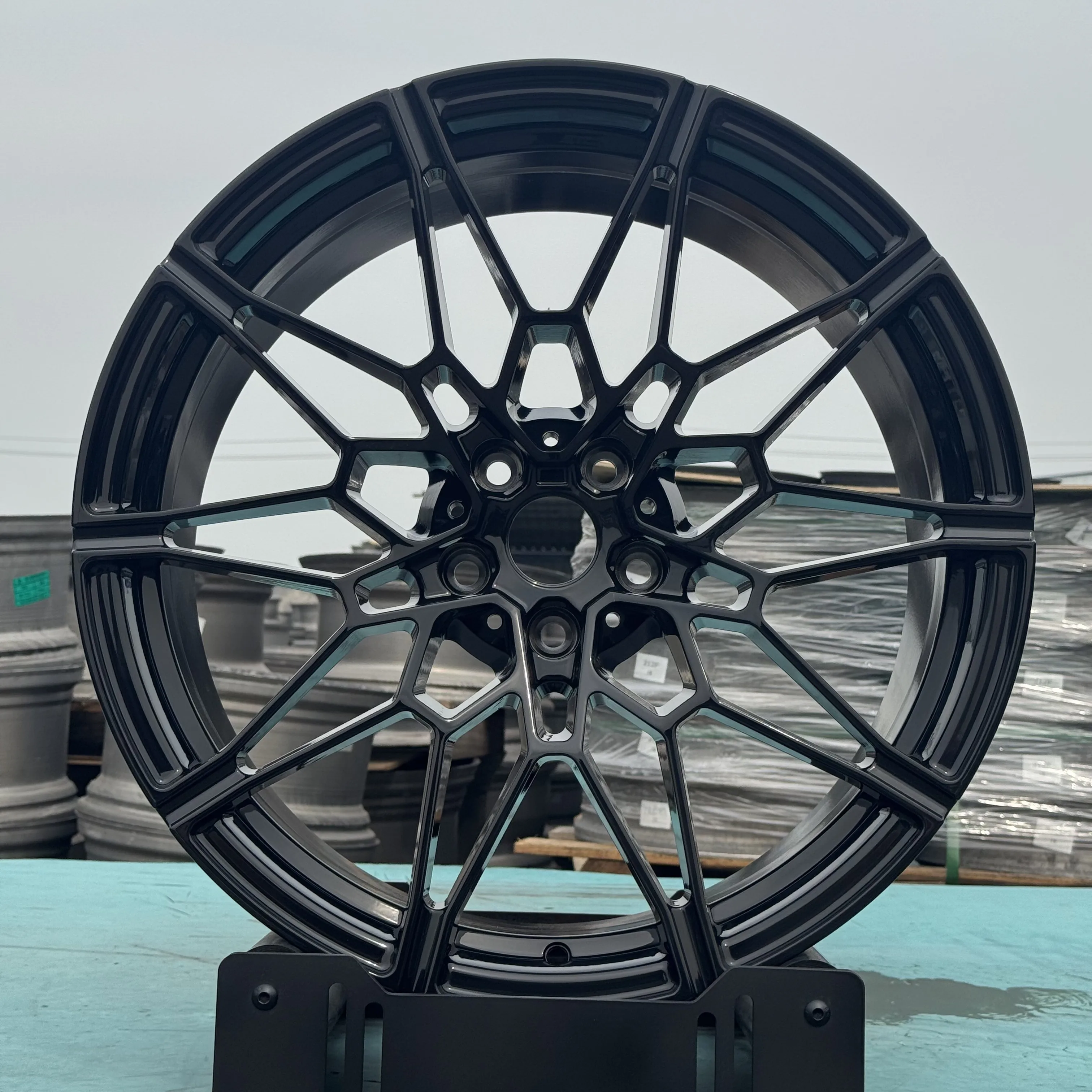

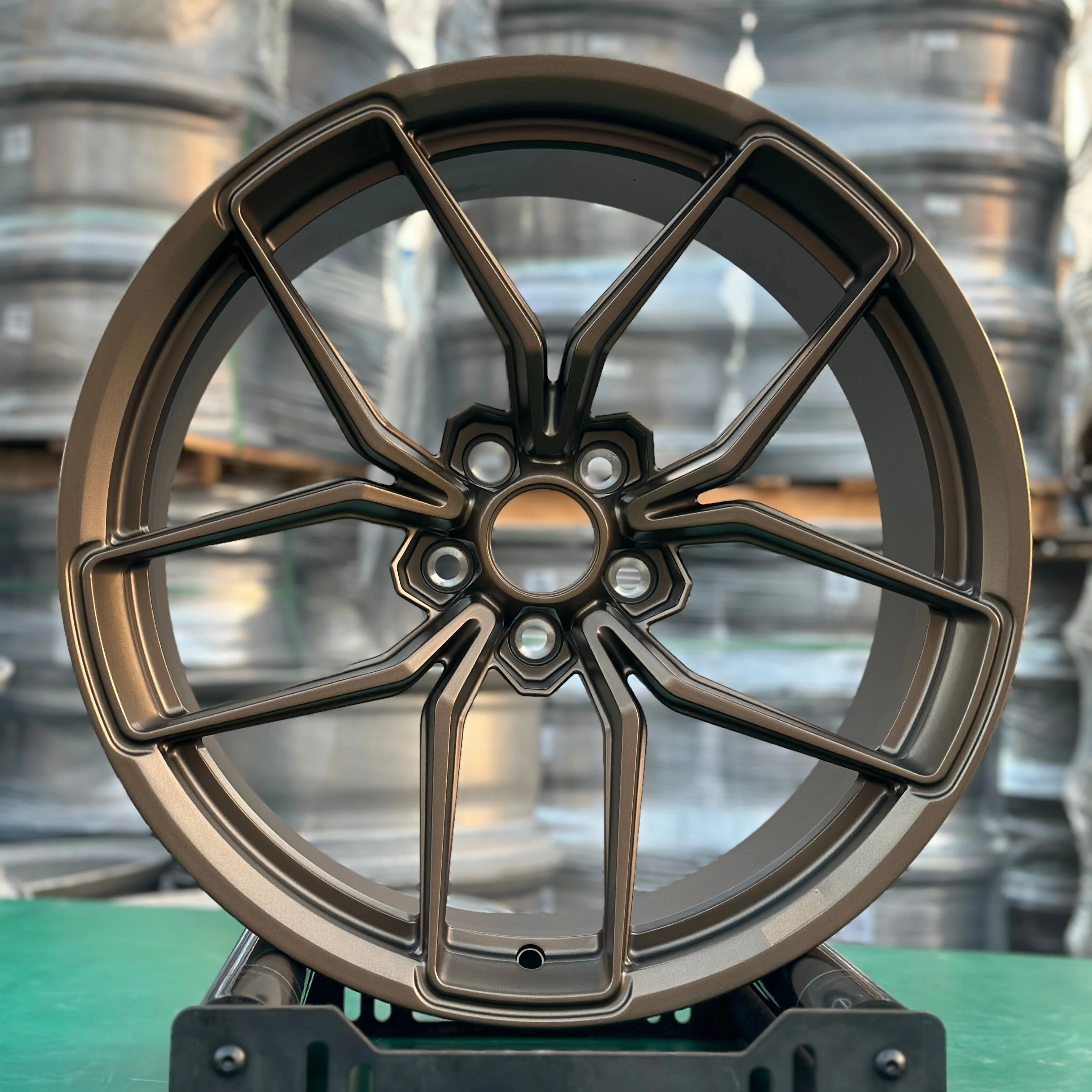
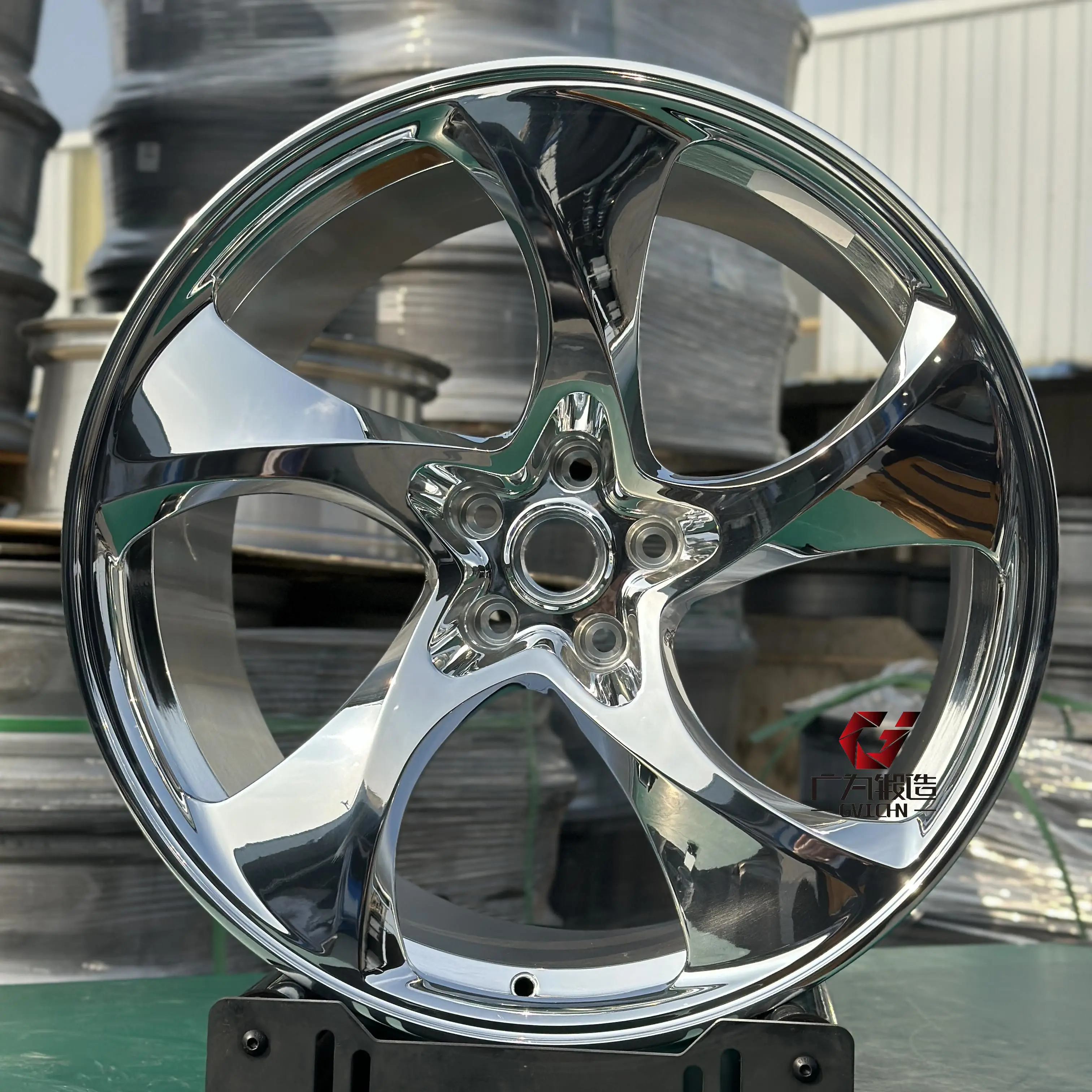
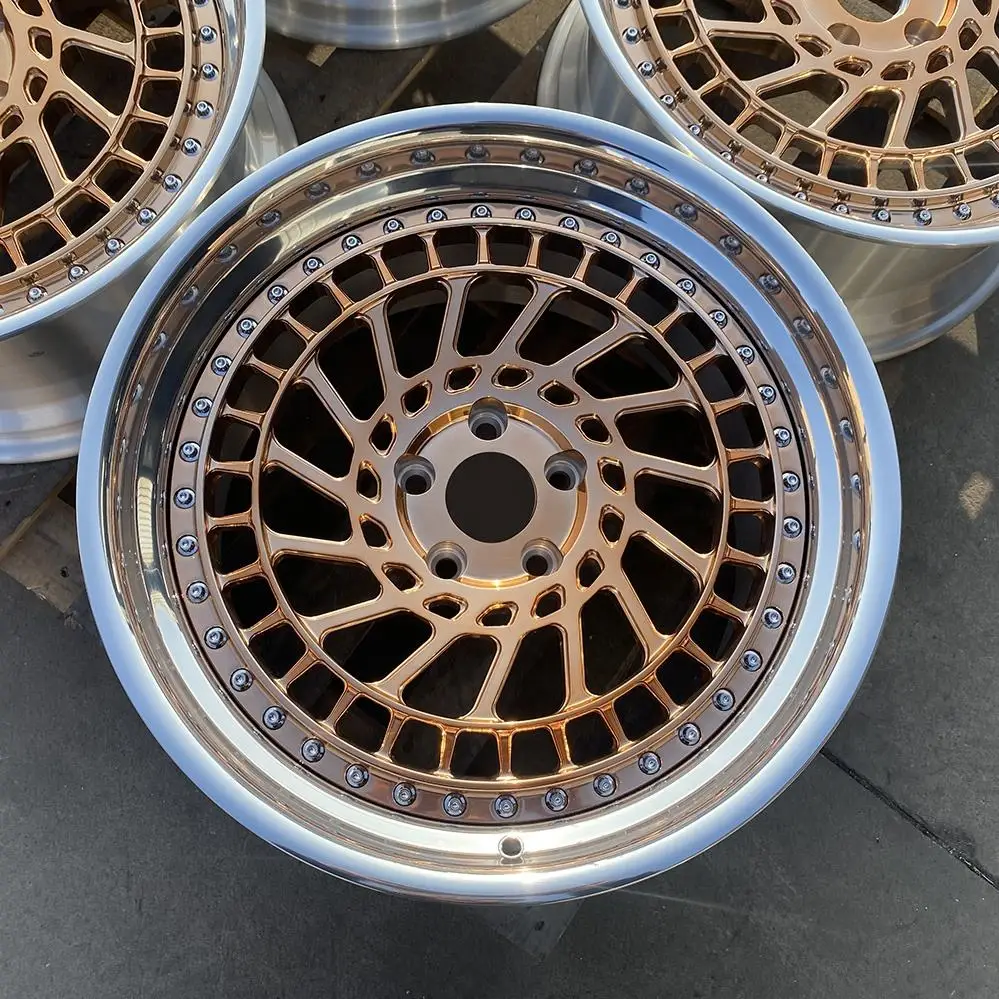
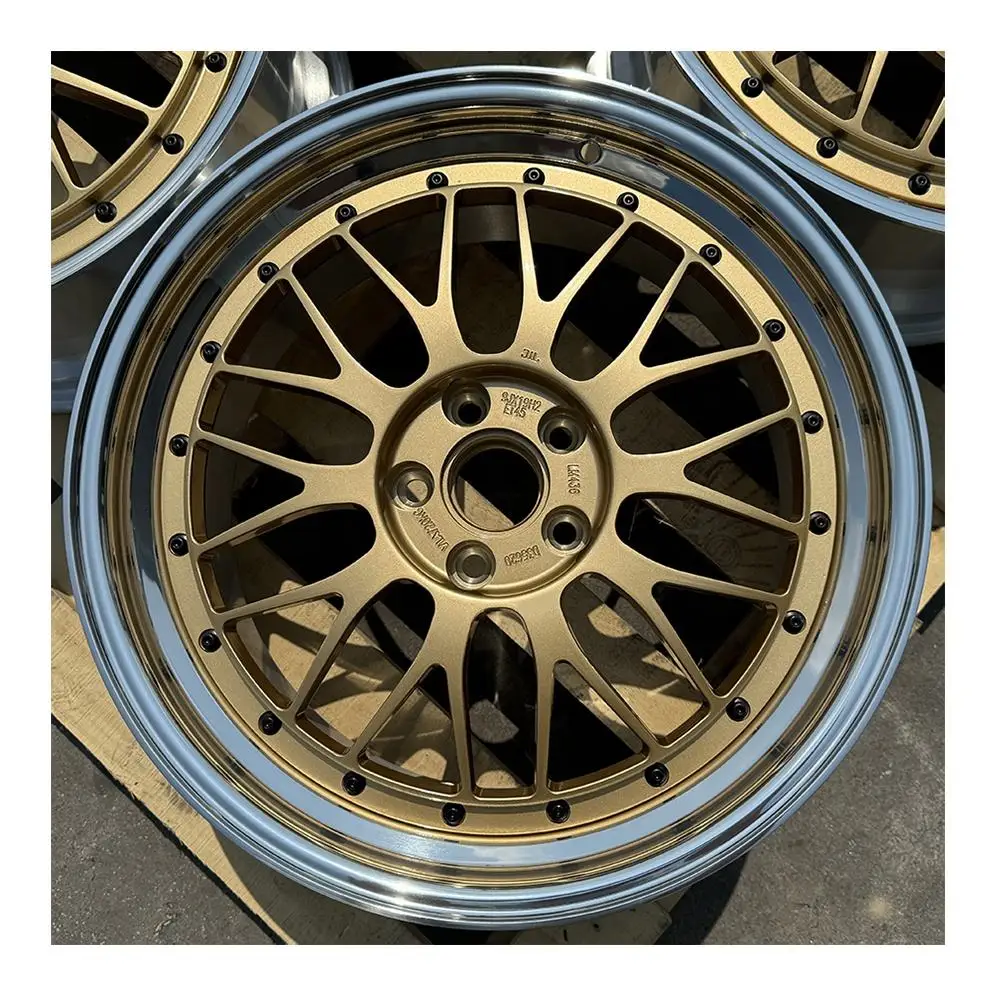
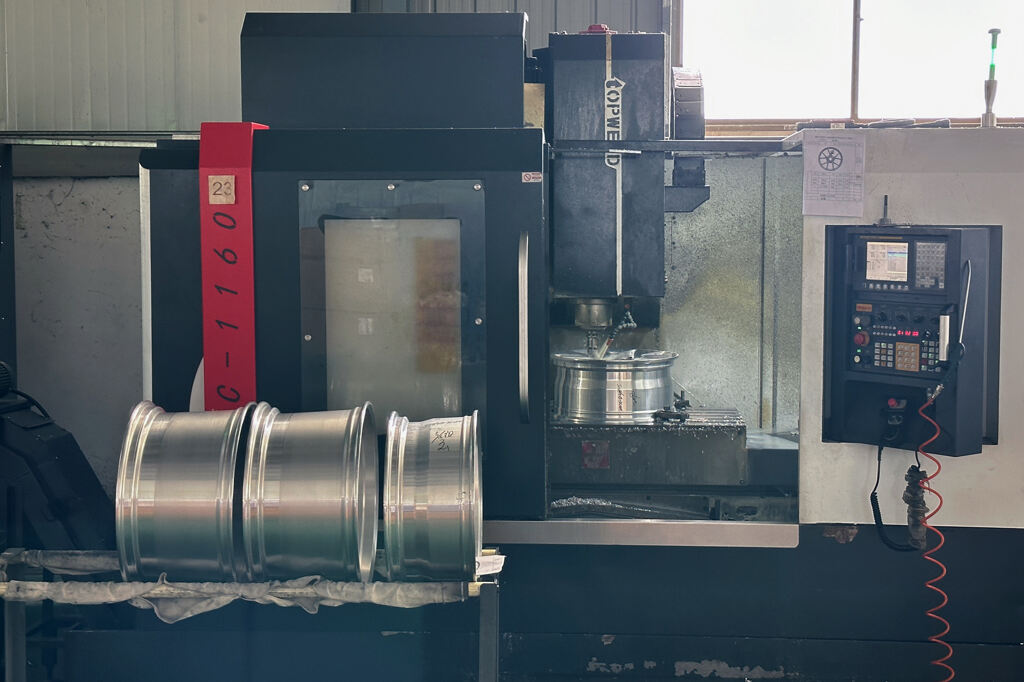
 ONLINE
ONLINE